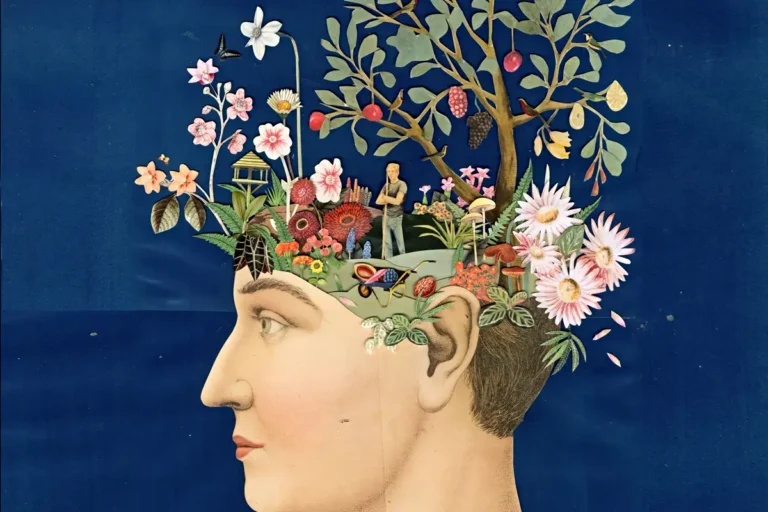
Have you ever heard of the pineal gland? This small, pea-sized gland sits snugly in the center of your brain. Although it’s tiny, it plays a huge role in your health. Let’s explore this vital organ and uncover why it deserves a spot on your health radar!
Unlocking the Mysteries of the Pineal Gland: A Bright Adventure!
The pineal gland has a fascinating job. It produces melatonin, a hormone that regulates sleep. When the sun sets, this gland kicks into gear, helping you wind down for a good night’s sleep. In this way, it works like a natural alarm clock, signaling to your body that it’s time to rest.
Beyond sleep, the pineal gland connects to various bodily functions. It’s involved in mood regulation, immune responses, and even reproductive health. This little gland is like a master conductor, orchestrating many processes that keep us balanced. But here’s the twist: it’s also sensitive to light. Yes, light exposure can influence its melatonin production. That’s why it’s important to limit screen time before bed!
Some cultures even believe the pineal gland has a spiritual side, often calling it the “third eye.” This mystical perspective highlights its potential for intuition and perception. Whether or not you subscribe to these beliefs, it’s clear that the pineal gland is much more than just a biological oddity. It’s a key player in our overall well-being.
Why the Pineal Gland Is Your New Favorite Brain Buddy!
So, why should you care about this tiny gland? First, understanding the pineal gland can lead to better sleep. Sleep is vital for everyone. It affects your mood, energy, and productivity. By nurturing your pineal health, you may find that you sleep more soundly. And who doesn’t want that?
Next, the pineal gland impacts your mental health. Imbalances in melatonin can lead to anxiety and depression. When melatonin levels are steady, you may feel more stable and focused. Simple habits, like keeping your sleeping environment dark and quiet, can support your pineal function. These small changes can have a big impact on your emotional landscape.
Lastly, let’s talk about self-care. Taking care of your pineal gland is part of a holistic approach to health. Regular sleep routines, a balanced diet rich in antioxidants, and exposure to natural light can all contribute to its well-being. This isn’t just about one tiny gland; it’s about nurturing your entire system. Embrace this journey, and your pineal gland might just become your new favorite brain buddy!
Now that you know more about the pineal gland, consider giving it some love! By prioritizing sleep and incorporating healthy habits, you can support this amazing little gland. Remember, small changes can lead to big results. So, let’s cherish our pineal glands and enjoy the bright adventures they bring to our health!





